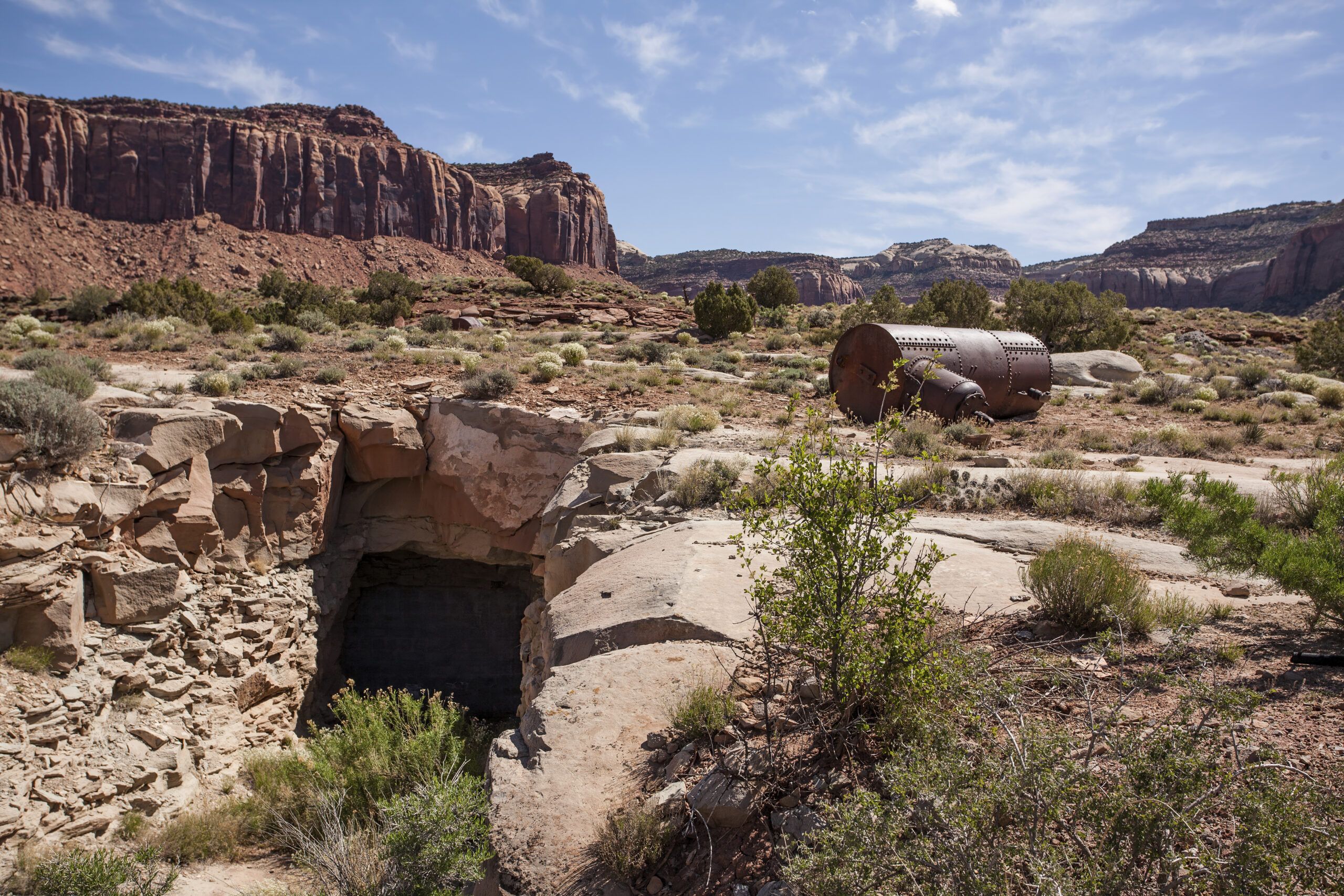

[embedded content]
Top uranium producers warned that President Joe Biden’s new ban on Russian uranium imports could result in supply shortages because of restrictions on domestic mining advanced by the administration.
In interviews with the Washington Examiner, uranium producers praised the ban President Joe Biden signed into law, which also unlocked $2.7 billion in uranium conversion and enrichment funds that were allocated by Congress in December.
But they also said that the Russian import ban might conflict with Biden’s push for land conservation, which has included designating millions of federal acres as off-limits for production in a bid to mollify environmental voices within the Democratic Party, as well as an out-of-date federal permitting process that can hold up new projects for years and an lack of domestic infrastructure needed to enrich natural uranium.
“I do absolutely think there’s a bit of a split-screen approach” in the Biden administration’s push for domestic uranium production, Scott Melbye, the senior vice president of the uranium company Energy Fuels and head of the industry group Uranium Producers of America, told the Washington Examiner in an interview.
The combination of these regulatory hurdles and the administration’s mixed messaging — coupled with waivers to the new ban for U.S. reactors to continue importing Russian uranium through 2027, so long there are no other alternatives available — could leave the U.S. dependent on Russian imports for years to come and vulnerable to any changes or abrupt cutoff in supplies.
“Putin could wake up tomorrow and say, ‘Yeah, this is so important to you guys, I’ll forfeit the billion dollars I’m getting every year just to damage U.S. energy generation.’ That is a very real possibility,” Melbye told the Washington Examiner. “So the faster we can get those domestic fuel capabilities back up and running, the better.”
Uranium prices rose above $100 this spring, the highest point in 17 years, due to higher global demand and a shift in public opinion as countries warm toward nuclear power once again as a reliable, carbon-free source of energy.
Prices for enriched uranium have increased even more, up to 10 to 12 times prewar levels, reflecting what Curtis Moore, a senior vice president at the Colorado-based uranium mining company Energy Fuels, told reporters is “a real pinch point and bottleneck” in markets more broadly.
In recent years, the United States “tore down a lot of our infrastructure because there was no support for it primarily by the government.” Moore said. “The Russia-Ukraine conflict really puts a light on how we became overly dependent on Russian nuclear fuel products.”
Uranium enrichment is a four-step process, requiring the extraction of natural uranium concentrates from the ground, converting the natural uranium into a gas, enriching the uranium gas through a centrifuge that heavier and lighter uranium isotopes, and, finally, fuel fabrication, or the process of turning the enriched uranium product into fuel arrays that can be fed into nuclear reactors.
Russia dominates this part of the market in particular, and with it removed from the market, there is “not enough uranium conversion and enrichment capacity right now,” Moore said.
Permitting headaches are also a concern.
It takes roughly 10 years for new mining projects to be permitted under the EPA’s National Environmental Policy Act review process, according to the most recent data from the National Mining Association.
The permitting process effort requires significant time and monetary investment from miners, and many groups have criticized the process as being at odds with Biden’s stated goals of onshoring critical minerals production and manufacturing for clean energy projects and electric vehicles as it looks to deliver on its goal of net-zero emissions by 2050. Members of both parties have sought to advance legislation to overhaul permitting, but they have not been able to find a deal to get a bill passed.
Melbye’s uranium production company is slated to begin uranium extraction operations at an idled Wyoming mine formerly owned by Russian state nuclear company Rosatom later this year, followed by a once-idled facility in Corpus Christie, Texas.
He told the Washington Examiner that many companies are doing the same, opting to bring back online abandoned uranium mines across the country as a means of circumventing the lengthy environmental permitting process. Five producers have announced plans to do so this year alone.
Should conditions remain favorable for producers, Melbye, who heads up the group Uranium Producers of America, estimates that the U.S. can extract some 45 million pounds of uranium annually, about half the total domestic demand per year.
Beyond that, there are outstanding concerns about land conservation and the Biden administration’s actions.
Since taking office, the Biden administration has set aside more than 40 million public lands for conservation, the most of any administration, and published a sweeping proposed rule that would allow the Bureau of Land Management to include conservation as a list of protected activities under its so-called multiple-use framework for federal lands, a decision that could affect one-tenth of total public acres.
Melbye’s company, Energy Fuels, owns and operates the Nichols Ranch uranium mine and processing facility in Wyoming’s Powder River Basin district, the same area for which the Interior Department announced a ban one day earlier on coal mining, applying to 13 million federal acres.
CLICK HERE TO READ MORE FROM THE WASHINGTON EXAMINER
And while Melbye said he was “very encouraged” by the new rule and by the bipartisan strides that lawmakers have taken to help bolster nuclear production, he also identified steps that the Biden administration has taken that have made the process of bringing energy projects online, mining or otherwise, much more difficult.
“The land withdrawals do take large swaths of federal lands off the table, not just for mining but also for oil and gas and ranching,” Melbye said.






